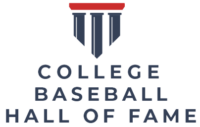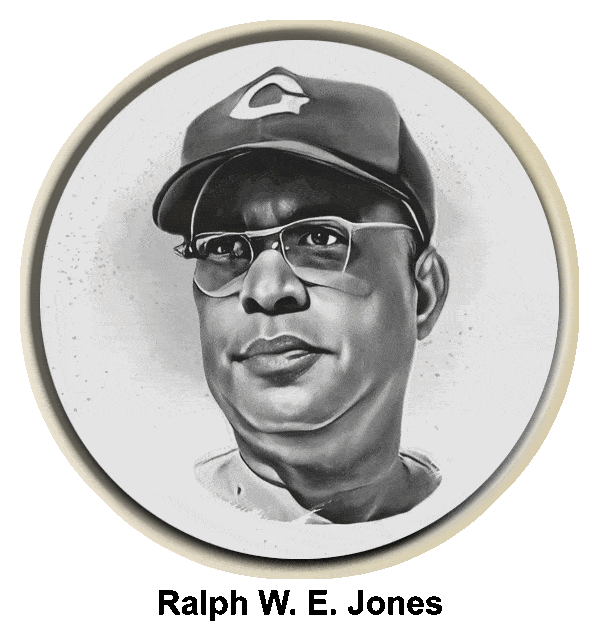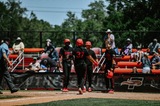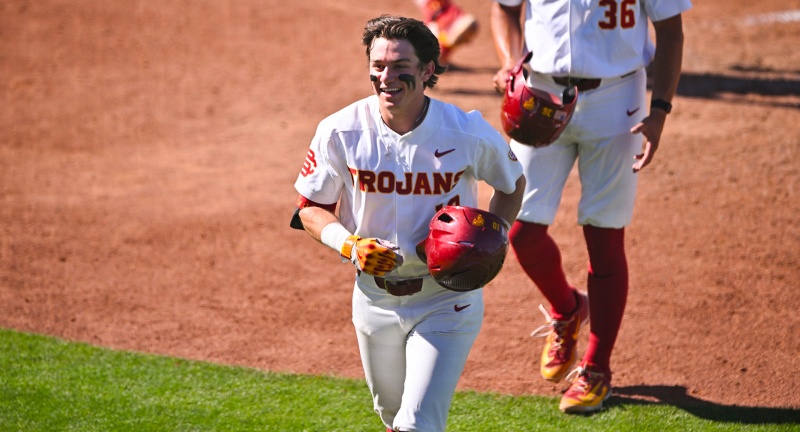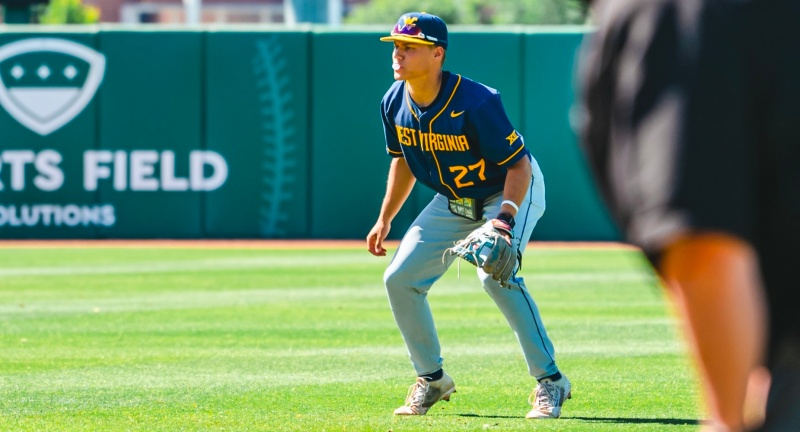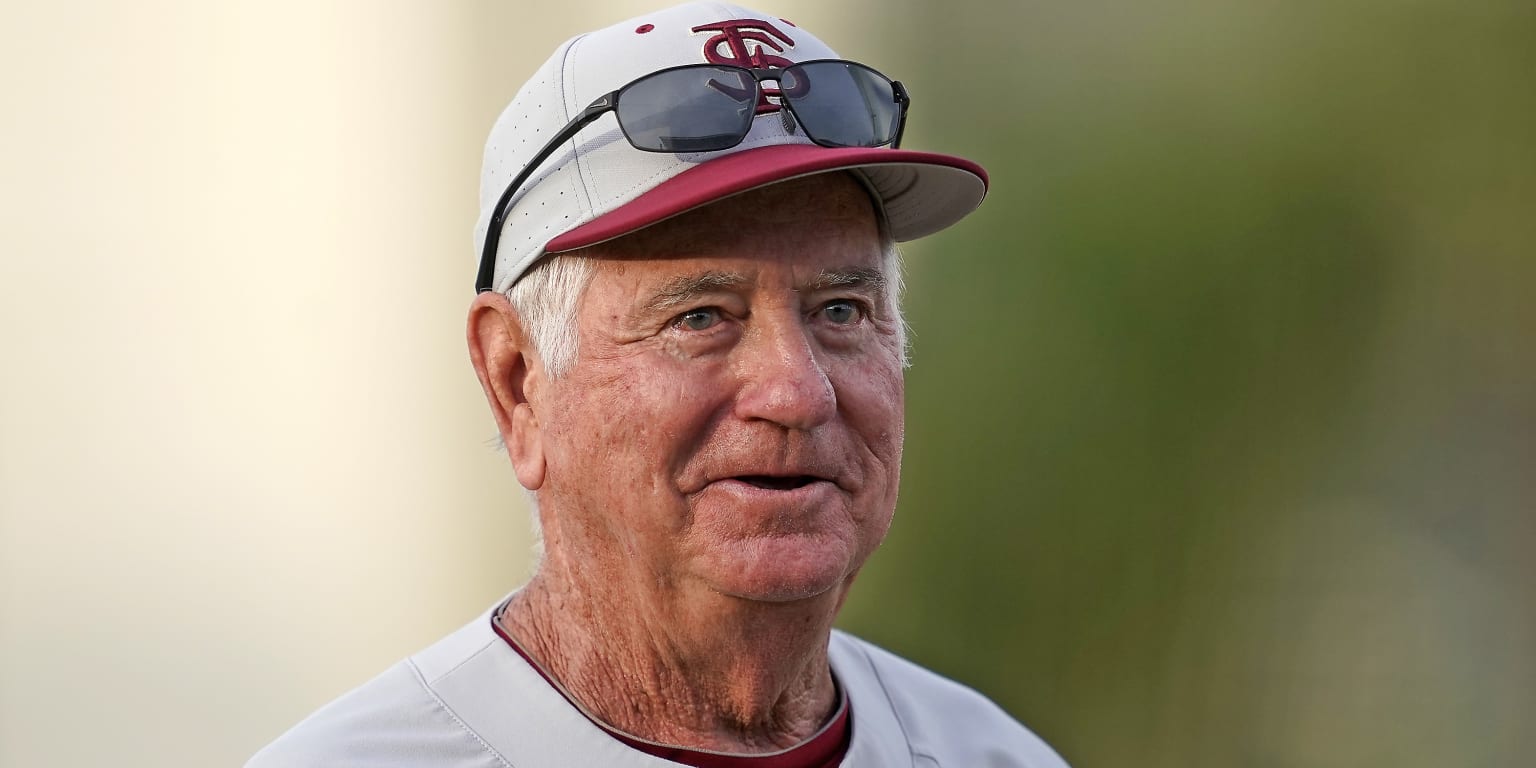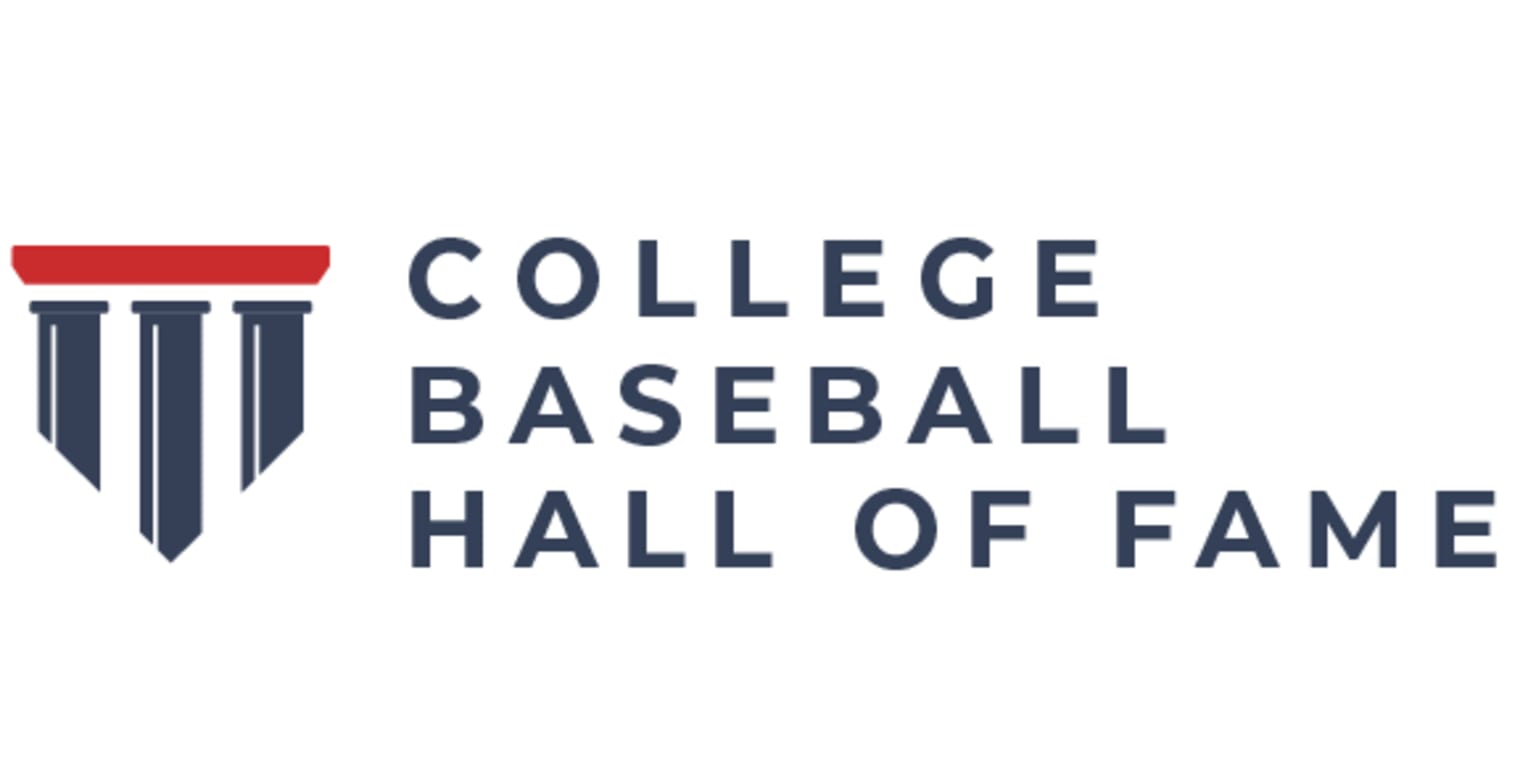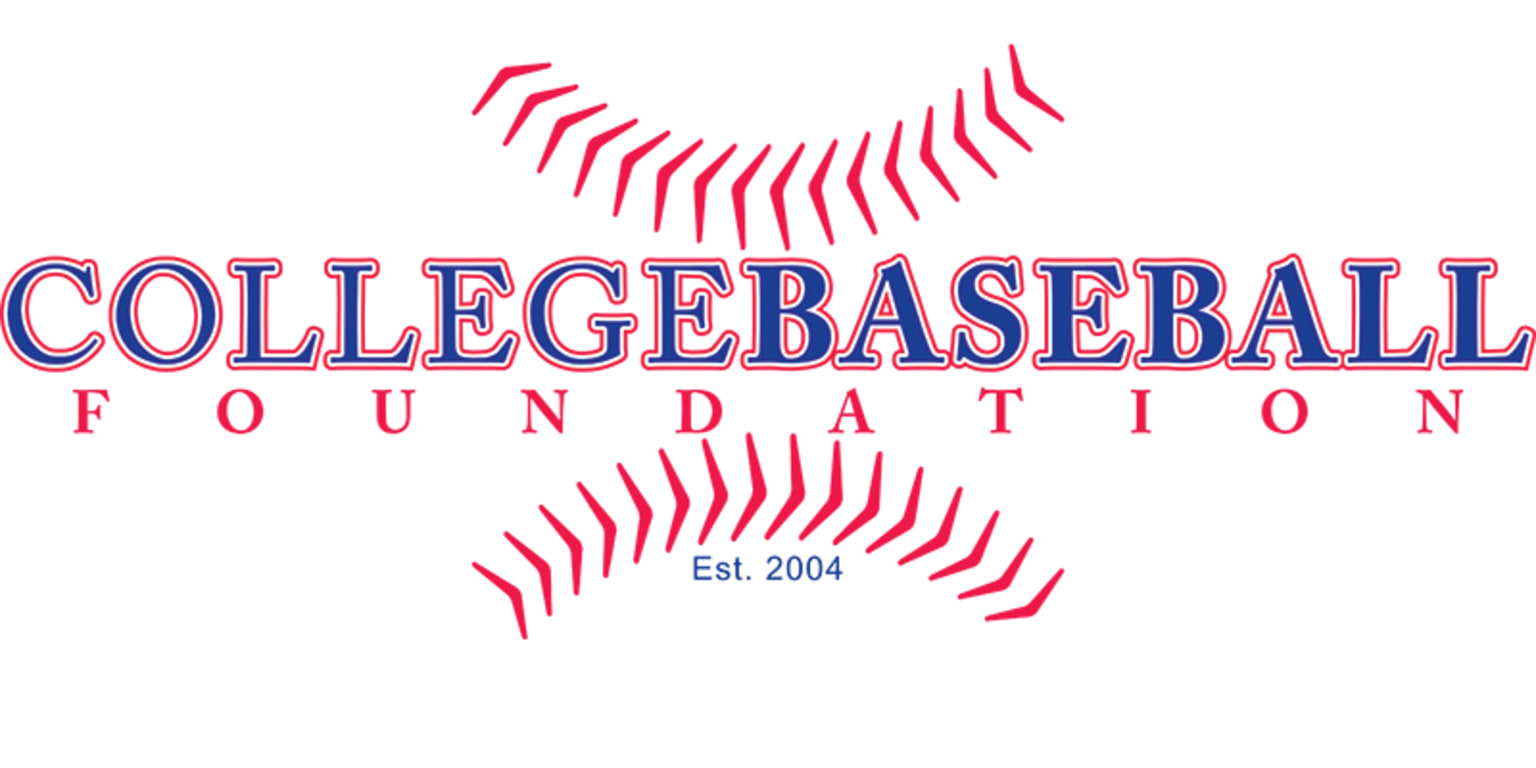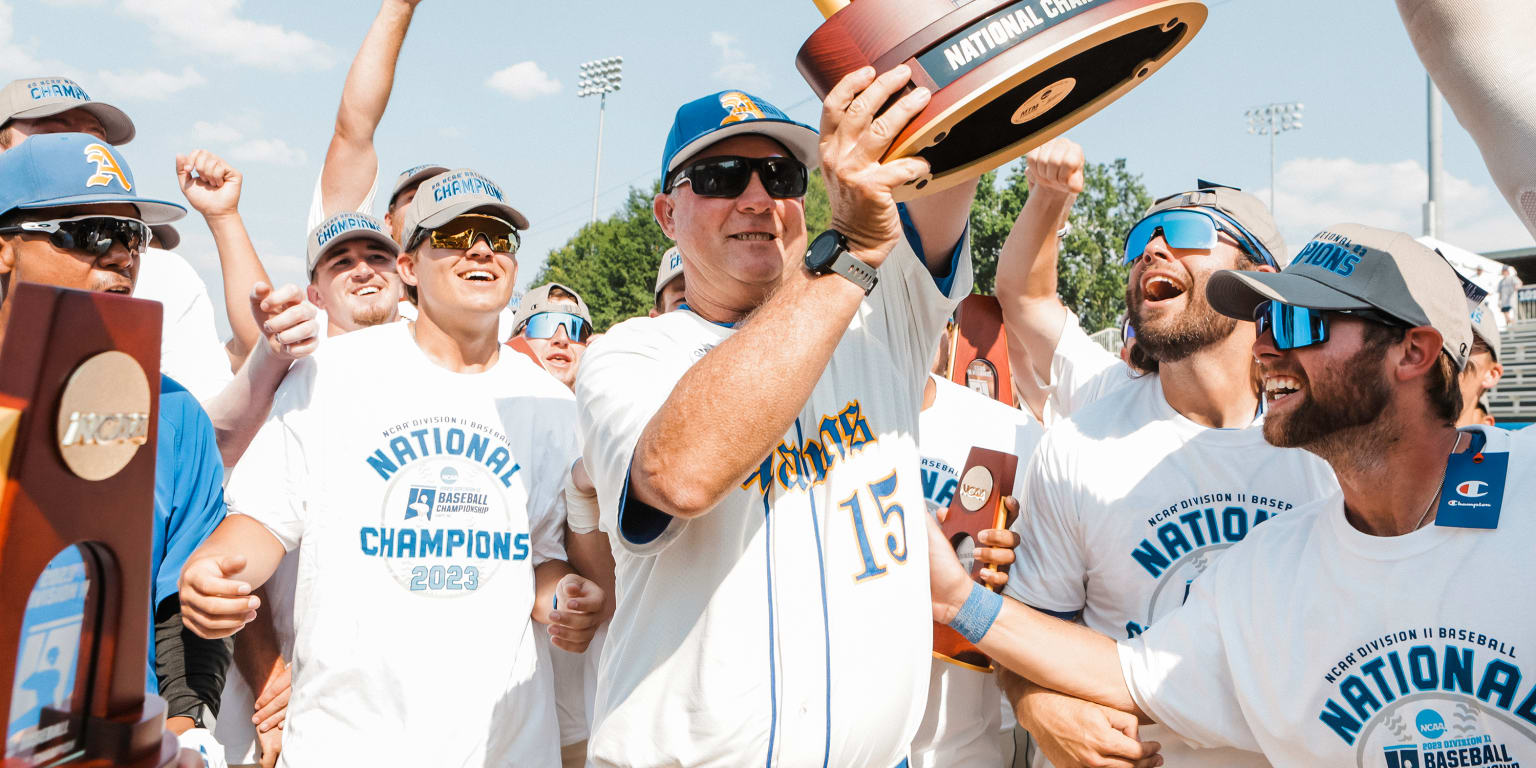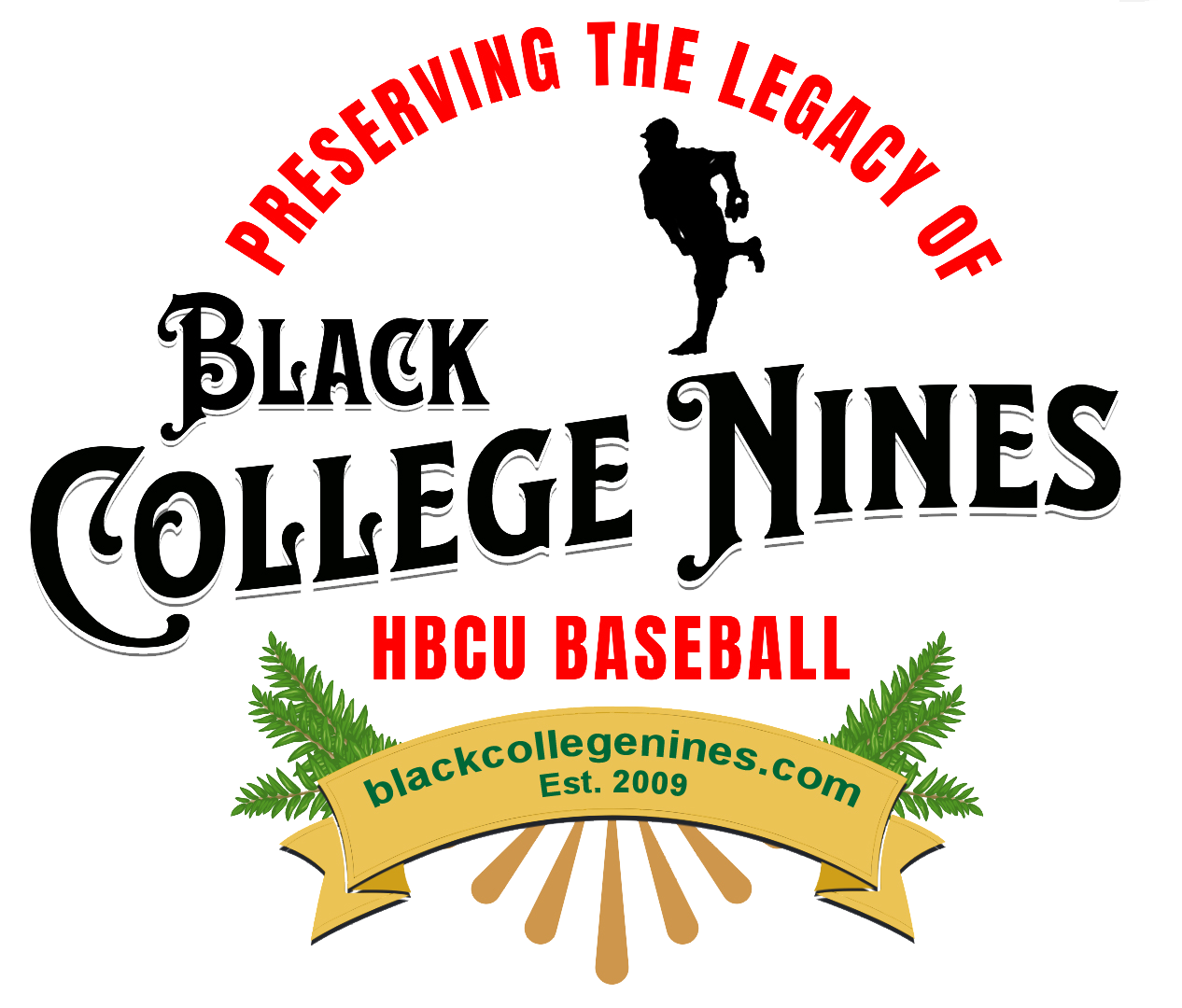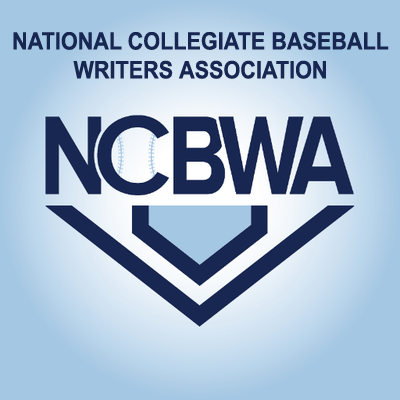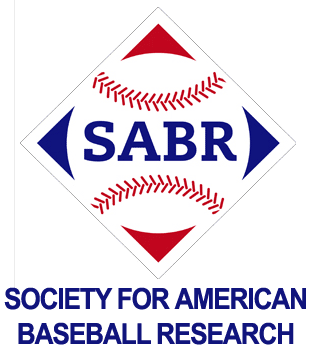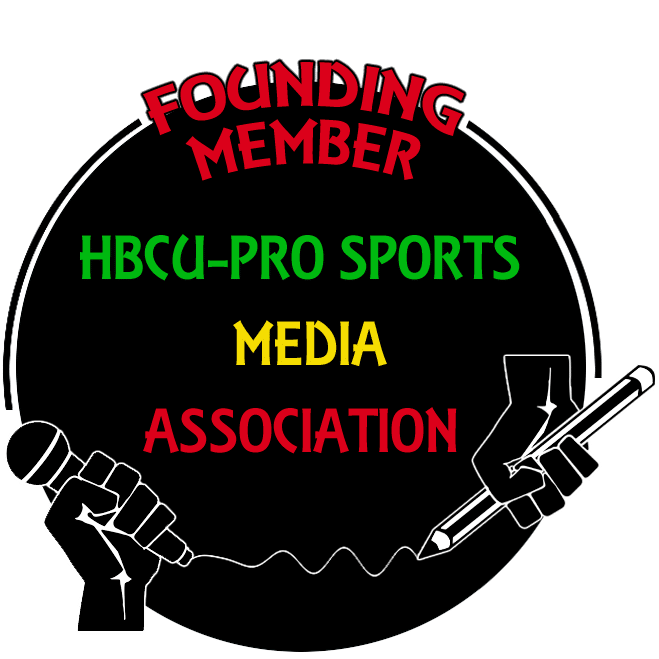 When we caught up with Reggie Williams in late August, he was busy packing belongings and tying up affairs in Daytona Beach where he spent the summer as a coach with the Daytona Tortugas, Class A affiliate of the Cincinnati Reds. His next stop was Lorman, Mississippi, a 14-hour drive that would take him to Alcorn State University as its head baseball coach, his first head coaching position. Not long after he arrived, Hurricane Ida tore through the region. Fortunately, there was little damage in Lorman and Coach Williams has since settled in.
When we caught up with Reggie Williams in late August, he was busy packing belongings and tying up affairs in Daytona Beach where he spent the summer as a coach with the Daytona Tortugas, Class A affiliate of the Cincinnati Reds. His next stop was Lorman, Mississippi, a 14-hour drive that would take him to Alcorn State University as its head baseball coach, his first head coaching position. Not long after he arrived, Hurricane Ida tore through the region. Fortunately, there was little damage in Lorman and Coach Williams has since settled in.
“It was a true blessing, something that’s been in the making for a few years,” Coach Williams said. “I had been looking for an opportunity to put my stamp on a baseball program that would hopefully develop not only baseball players, but quality young men that will go off into their communities and be leaders and good men.”
Meanwhile, he was also facing the start of the school year at the University of Memphis, where he serves as an adjunct professor teaching remotely. Before he left Florida, he took some time to revisit his college days in the late 1970s/early 1980s at Southern University, about 100 miles south of Lorman.
His senior year, Coach Williams hit .345 with 58 hits, 26 stolen bases, 21 runs batted in, five triples and two home runs. He also was the top-ranked student among Southern athletes and earned his bachelor’s degree in marketing before launching his professional baseball career. In 1986, he was the Dodgers’ Rookie of the Year. In 1994, he earned his master’s degree in teaching from the University of Memphis and earned a second master’s degree in school supervision and administration three years later.
All the while, he’s been enjoying the journey with his wife, Allyson, and three children – Lesly Nicole, Reginald, Jr., and Lane Allen.
What was your childhood like? Where did you grow up?
I’m a native Memphian. I grew up in South Memphis. During that time, it was more of a middle-class community with postal workers, teachers, people that may have worked at some of the factories like Firestone, Kimberley-Clark and a couple of other notable companies. It was a good neighborhood that had fathers and parents engaged in their kids’ lives. The street that I grew up on, we were very blessed. We had a number of parents and children on the street. We played all the sports together. It was a good environment to grow up in. If we fought, we fought amongst ourselves or invaders from other communities. But it wasn’t like fighting today. We fought one day and then we’d be climbing trees, shooting marbles or playing basketball the next day.
I have one brother, Derrick. He’s an executive banker at First Horizon. He’s my little brother. He’s done really, really well. I’m very proud of my young brother. I admire him greatly and look up to him.
 I credit my mom and dad for my upbringing. My dad (Willie Jerry Williams) had a great work ethic and was an athlete as well. He played baseball during his younger days. He broke his ankle right before he got drafted and that baseball opportunity went away. He eventually started playing fast-pitch softball, and he excelled at that. He was a big Dodger fan. I remember in the summers going up to St. Louis to Busch Stadium to see the Dodgers. That was a trip my brother and I always looked forward to.
I credit my mom and dad for my upbringing. My dad (Willie Jerry Williams) had a great work ethic and was an athlete as well. He played baseball during his younger days. He broke his ankle right before he got drafted and that baseball opportunity went away. He eventually started playing fast-pitch softball, and he excelled at that. He was a big Dodger fan. I remember in the summers going up to St. Louis to Busch Stadium to see the Dodgers. That was a trip my brother and I always looked forward to.
My mom (Ethel Williams) was an educator. She worked as the office manager of the school. She taught us how to read, how to write and she was very much a stickler of getting our homework and chores done before we went outside. I was blessed with good parents who gave us great values and goals to shoot for as young men.
You grew up playing lots of sports, so how’d you get focused on baseball and how’d that lead to Southern University?
Watching my dad play softball gave me the inspiration to want to play baseball. It seemed like baseball was a natural for me. I played all three sports. I played basketball in junior high and a little bit in high school. I played football in high school, but I just wasn’t one to be looking for the contact. That was not my forte. As a 10th grader, I was a starter on the varsity team as a pitcher and a position player. As a result, that led to me getting an athletic scholarship to Southern University because of my baseball accomplishments.
Were there other schools you considered?
Arizona State was one, but my mom said that was way too far away from home. I think Kentucky State was another one. The University of Memphis was on my mind, but not one of the top ones I was considering. Southern University came about as a result of my doing some homework and finding out about their history of winning baseball. They brought me down to the school for an official visit. I got on campus with my parents. When I saw all of the culture there in Louisiana and the food, people and hospitality, that won me over along with the winning baseball program. That was the best four years of my life, at the time.
What are some of the moments at Southern that stick with you?
 My coach, Coach Leroy Boyd, was a unique individual. He was young, but he was baseball savvy. He knew the game, taught us and prepared us for the next level. We’d call him crazy. (laughing) He’d make us run and we’d be running toward him and he’d walk another 15 yards back and say, “Ok, now come run back to me.” Sometimes he’d have us running around campus and he would in his car driving beside us. “C’mon guys, keep going!” “But we’re tired!” “Well, I’m not tired yet.” He was a really good coach for me, and he’s been a great mentor. He was a staunch advocate for the game, and he taught us how to play the game fundamentally and strategically. That helped me as I moved to the next level.
My coach, Coach Leroy Boyd, was a unique individual. He was young, but he was baseball savvy. He knew the game, taught us and prepared us for the next level. We’d call him crazy. (laughing) He’d make us run and we’d be running toward him and he’d walk another 15 yards back and say, “Ok, now come run back to me.” Sometimes he’d have us running around campus and he would in his car driving beside us. “C’mon guys, keep going!” “But we’re tired!” “Well, I’m not tired yet.” He was a really good coach for me, and he’s been a great mentor. He was a staunch advocate for the game, and he taught us how to play the game fundamentally and strategically. That helped me as I moved to the next level.
When you arrived on campus, freshman year, Fall of 1978, were things challenging for you?
You know, ironically, my first semester there in the fall, I didn’t make the team. It wasn’t that I didn’t have talent. I was there on a pitching scholarship. I had a good arm, but I didn’t have command of my pitches. And Coach just didn’t have the numbers (for roster spots). That kinda hurt because I had never experienced that before. I was a long way from home. I recall going into my dorm room and breaking down and crying. That was one of the things that really woke me up in terms of you gotta up your game. You’re good at high school, but when you get to college, you’re competing against guys from Florida, California, Texas, Chicago. I saw the level of talent and that motivated me to work on my game and get better for that next Fall opportunity.
Do you remember when things started coming together for you at Southern?
One day, there was an opportunity in practice. Somebody didn’t go to right field and Coach said, “Hey, I need a right fielder!” And I shot out there before anybody else could. We did a little something, and then we did some exercises on the infield running the bases. Speed was my forte. I ran around the bases and Coach saw me and said, “Wait a minute. Man, you be in the outfield. Don’t worry about the mound.” That day when I ran to the outfield and ran the bases, the rest of the story is history. I stayed in the outfield, became an outfielder, played center, right, left, wherever I was needed. From there on, my baseball just took off. I was drafted my junior year by the St. Louis Cardinals. We were not able to come to a contractual agreement, so I went back to school and obtained my bachelor’s degree in marketing. And then I was blessed to be drafted by another historical team – the Los Angeles Dodgers. From there, I graduated cum laude from Southern, which was a great accomplishment for me, and went on to professional baseball.
Are there any games or opponents that you really remember the battles?
Absolutely. Grambling and Jackson State. At Grambling, Sap Randall was the first baseman. He’s currently the head coach at Claflin University. He was a great hitter. You know, Grambling and Southern, whether it’s baseball or football, are two rivals because of the Bayou Classic. We always had some good matchups.

Marvin Freeman on the mound with Eddie Payton umpiring behind
Then, I most notably remember losing to Jackson State in the SWAC Championship that was being played at Jackson State (in 1982). Walter Payton’s brother was the home plate umpire. It ended up working against us. That Jackson State team was very talented. They had Dave Clark, Oil Can Boyd, Curt Ford and Marvin Freeman. We really should’ve won that game. Unfortunately, the umpire had something in his eye that day and couldn’t quite call strikes against Jackson State. We lost that game. It was my senior year, the first year the SWAC champion was eligible to play in the Division I NCAA tournament. You talk about a heart-breaker. I had a good year. We had a competitive team. We lost by one run. It just hurt. It was a tearful journey from Jackson State back to Baton Rouge.
Oil Can Boyd and Marvin Freeman. You talk about some guys throwin’ some pills!
Every time I read about you, there’s always mention of earning the Presidential Scholarship Award your senior year for the highest grade point average in the athletic department. That was 3.45, by the way!
Yeah, I think that’s extremely important. As a head coach, I’ll stress the importance of an education. Baseball isn’t a guarantee. I see it every day from the coaching side as well as being a former player. There have been some great players that never made it, so you gotta have a Plan B. When I bring student-athletes to campus, I’m looking for guys who want to come to school and get a college degree. If they come to school for baseball, what happens if baseball doesn’t pan out or you’re slumping or not playing well? Guess what? Class will suffer too. Because they’re there for baseball. I want guys who want to come to school, get an education, finish with a degree and just so happen to be a good baseball player. That way, I have guys focused on their grades but also are dedicated to baseball, understanding that if baseball doesn’t pan out, they have that sheepskin, can go out and make a living for themselves and their family and be productive in the community. That’s really what the focus should be.
What other things from your Southern years have come to mind as we’ve been reminiscing?

Former vice president of community relations for the Memphis Redbirds
We weren’t able to play on campus the way they do now. When I came up, we played at Pete Goldsby Field. As a result, we didn’t have a chance to shine in front of our student friends. They had to travel downtown. Your girlfriends would come or family members who lived in the area to watch the game. But if you’re playing on campus, that’s a whole different ballgame. Playing in front of your peers, that’s a good feeling. And you’re right there by your dorm able to walk to the field. We had to ride the bus, or drive a car when we were seniors, down to the ballpark and play. That was one thing we missed. And we didn’t have our own clubhouse. We had to come to the field dressed to play baseball. We could go in a bathroom in the back or maybe they had a little locker room. But it wasn’t a clubhouse where you can develop a bond with your teammates. Not that we didn’t have a bond, but in the clubhouse, that’s your sanctuary. That’s where you go and sit at your locker, talk about the game, talk about planning, etc., etc. We didn’t have that. That was one thing I missed as far as Southern was concerned.
Pete Goldsby was a great ballpark and we played well there. But being able to play on campus like they are now, I think that’s a great advantage and a great opportunity to show out in front of your peers.
Are you looking forward to battling Southern now on a regular basis?
 I think it will be a competitive matchup. Southern always has a good baseball program. I look forward to bringing a competitive Alcorn team down there. We’ve got to grow the program. It’ll be interesting to go back and play against my alma mater. I have a lot of friends there still. Yeah, I’m looking forward to going back and competing against them.
I think it will be a competitive matchup. Southern always has a good baseball program. I look forward to bringing a competitive Alcorn team down there. We’ve got to grow the program. It’ll be interesting to go back and play against my alma mater. I have a lot of friends there still. Yeah, I’m looking forward to going back and competing against them.
Going into this Alcorn position, it’s going to be a challenge. I’ll be starting basically from ground level. Some of the players have moved on from the school. There may be some upgrades that may need to happen. But I’m going to pray. And I’ll share this with you too. God is already on the team. He doesn’t have to try out. He’s the captain. I’m going to follow His lead and pray that He will guide me to make good decisions.
Douglas Malan is a journalist and visual artist living in Connecticut. His works include short stories, poetry and books. Among the books Malan has authored is a history of Muzzy Field in Bristol, Conn., which has hosted icons of the Negro Leagues, Major Leagues and NFL since 1913.


